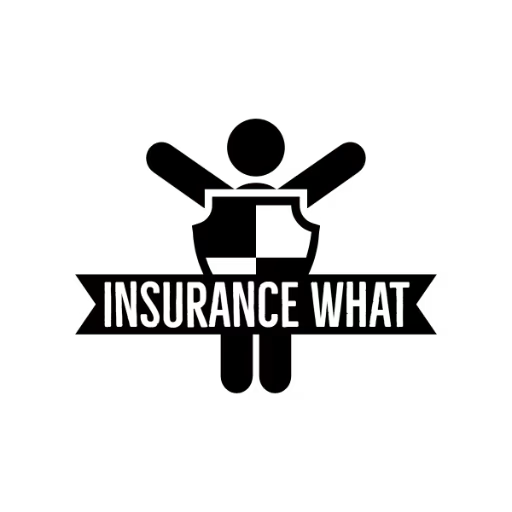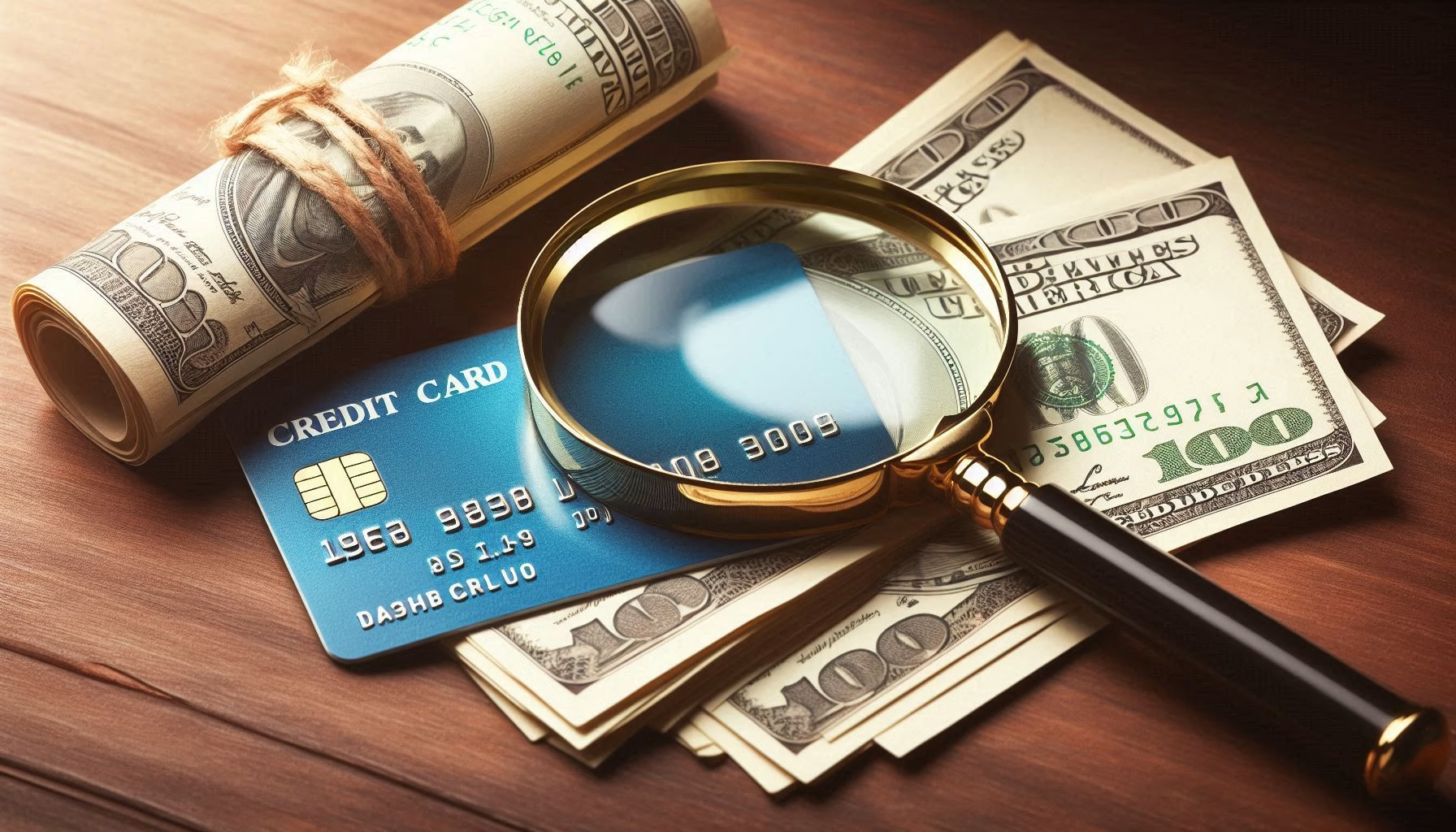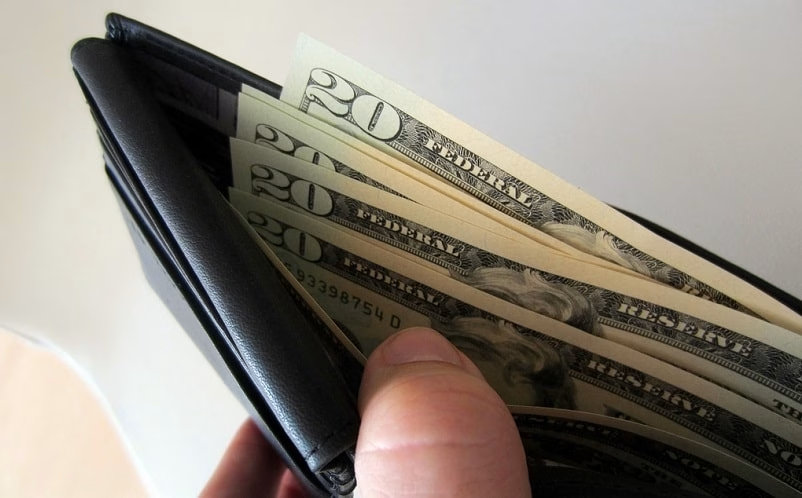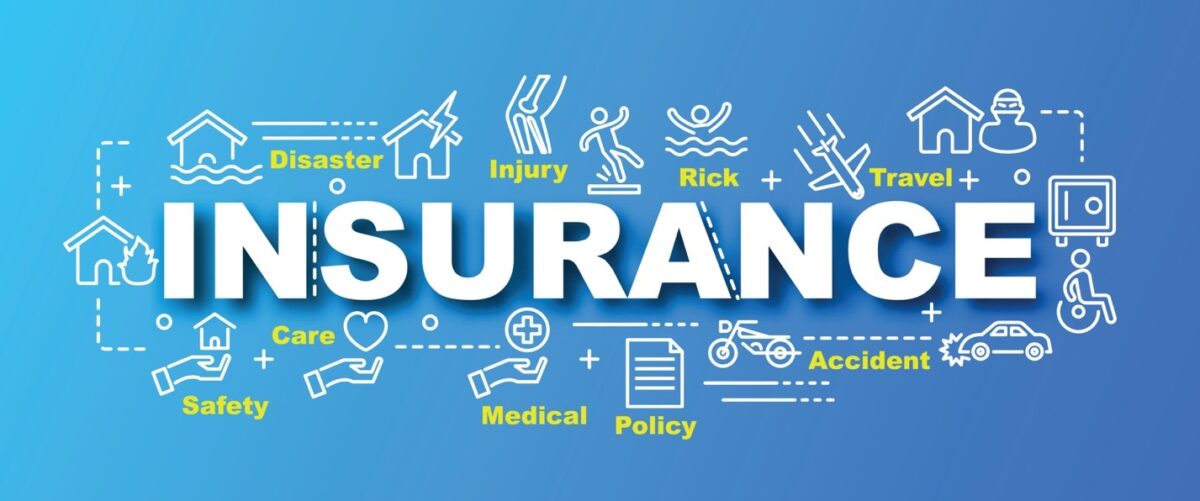Table of Contents
Overview
Cash is no longer the sole legal tender favored by contemporary society. Technological progress has introduced a variety of payment methods, each with its own benefits and attractions. Among these, credit cards have become a preferred payment method for many, often replacing cash transactions.
Credit cards simplify shopping transactions by allowing a quick swipe and PIN entry. They also offer the flexibility to pay shopping bills later, either in full or through installments over a specified period. This convenience is a significant draw for many to become credit card users.
The question at hand is whether it’s better to use cash or a credit card. Is it accurate to say that using credit cards for shopping is more advantageous than using cash? To determine the answer, let’s examine the following comparison of the advantages and disadvantages of cash versus credit cards.
Benefits of Transactions with Cash

Shopping with cash offers several benefits, such as anonymity, no transaction fees, immediate payment, universal acceptance, budget control, and avoiding debt. It also reduces the riskRisk Risk is a loss that occurs to the insured individual or object. Various bad possibilities could happen to someone. of overspending and encourages better financial habits.
Benefits of Transactions with Cash No.1
Cash or Credit – InsuranceWhat.com
Easy Expense Control
One benefit of using cash for transactions is the enhanced control it provides over your expenditures. This stems from the tangible aspect of cash; handing over physical money imparts a certain weightiness that can discourage continuous spending.
Particularly on days when numerous transactions occur, there’s often a hesitance to spend money, leading to a gradual depletion of one’s wallet. Consequently, it’s wise to curtail expenses during cash purchases to preserve cash flow and prevent adverse effects on one’s financial health.
Benefits of Transactions with Cash No.2
Cash or Credit – InsuranceWhat.com
Cash transactions are widely accepted at most places or stores
From traditional markets and supermarkets to grocery stores, all continue to accept payments in physical currency. The process is relatively straightforward and simple, as it has been a common practice for decades.
One of the main reasons cash is so widely accepted is its simplicity. Cash transactions do not require any special equipment or technology. Unlike credit or debit card payments, which need card readers and sometimes internet connectivity, cash transactions can be completed with just the exchange of physical money. This makes cash particularly useful in areas where electronic payment systems might not be available or reliable.
Benefits of Transactions with Cash No.3
Cash or Credit – InsuranceWhat.com
No Administrative Fees
Using cash for shopping can help avoid bank administration fees associated with credit or debit card use. Consequently, one’s shopping expenses are not at risk of increasing due to such “invisible” costs.
When you pay with cash, there are no additional fees involved. Credit card transactions often come with processing fees that merchants have to pay, which can sometimes be passed on to the customer. With cash, the amount you pay is exactly the amount you owe, with no hidden costs or fees.
Benefits of Transactions with Cash No.4
Cash or Credit – InsuranceWhat.com
Privacy and Security
Cash transactions offer a level of privacy that electronic payments do not. When you pay with cash, there is no digital record of the transaction that can be tracked or hacked. This can be particularly important for individuals who are concerned about their privacy and the security of their financial information.
From street vendors and small businesses to large retail stores and restaurants, cash is a universally accepted form of payment. This means that regardless of where you are, you can be confident that your cash will be accepted. This is especially important when traveling, as not all places may accept credit cards or other forms of electronic payment.
Disadvantages of Transactions with Cash

While shopping with cash presents numerous benefits, it also has several drawbacks to consider, such as the risk of theft, the lack of electronic record-keeping for budgeting and taxation, the inconvenience of handling large sums, limited consumer protection, and the potential loss of cash with no means of recovery.
Disadvantages of Transactions with Cash No.1
Cash or Credit – InsuranceWhat.com
Valid Only for Offline Transactions
Since cash is a physical medium, it is limited to in-person transactions. Online shopping bills cannot be settled with cash, except by using Cash On Delivery (COD) services, making cash deposits at convenience stores, or depositing cash at ATM machines.
Offline transactions are typically conducted in environments where internet access is either unavailable or unreliable. For example, in remote areas, small local businesses, or during instances of network outages, offline transactions become essential. These transactions are processed without the need for immediate online verification, making them a practical solution in various scenarios.
Disadvantages of Transactions with Cash No.2
Cash or Credit – InsuranceWhat.com
Risk of Financial Loss
Carrying excessive cash increases the risk of theft or loss. In contrast to credit or debit cards, which can be blocked, recovering lost cash is nearly impossible.
Financial losses can arise from various sources, including poor investment decisions, economic downturns, changes in market conditions, or unexpected expenses. For businesses, financial loss can result from decreased sales, increased costs, or operational inefficiencies. For individuals, it might stem from job loss, medical emergencies, or poor financial planning.
Disadvantages of Transactions with Cash No.3
Cash or Credit – InsuranceWhat.com
Harder to Monitor Expenses
While viewing and storing shopping receipts is feasible, tracking expenses from cash transactions can be more complex and challenging. Additionally, the risk of cash being misplaced or lost further complicates the accurate recording of expenditures.
Offline transactions may not be as easily tracked or recorded as online transactions, making financial management more challenging.
Disadvantages of Transactions with Cash No.4
Cash or Credit – InsuranceWhat.com
Hygiene RisksRisk Risk is a loss that occurs to the insured individual or object. Various bad possibilities could happen to someone.
Cash, as a form of payment, frequently changes hands and is used in diverse shopping environments, presenting a potential hygiene risk. The origins of money during its circulation are often unknown, and while the likelihood is low, neglecting hygiene after handling physical currency could lead to disease transmission.
Benefits of Transactions with Credit Cards
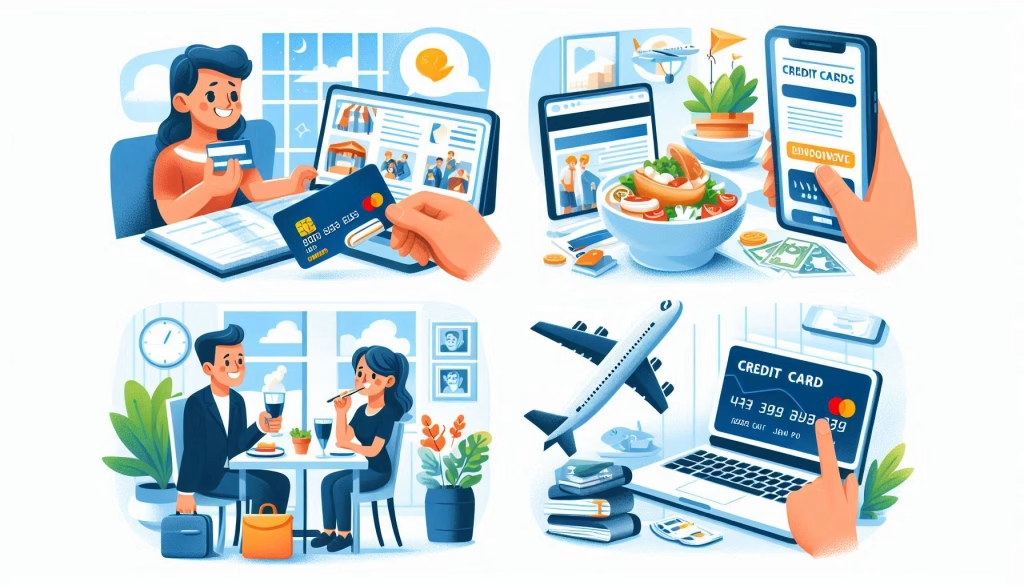
Having explored the pros and cons of cash, let’s now examine the benefits and drawbacks of credit cards. A credit card, issued by a bank, allows its holders to make purchases without immediate cash payment, with the promise of later settlement through the cardholder’s account. As a convenient alternative to cash, credit cards are widely accepted and easily portable, making them a popular choice for transactions.
Credit card transactions offer several benefits that appeal to users. Here are the advantages of using credit cards for transactions.
Benefits of Transactions with Credit Cards No.1
Cash or Credit – InsuranceWhat.com
Credit Cards are Versatile Payment Offline and Online Transactions
Marketplaces and e-commerce platforms typically offer payment options through various credit cards in partnership with service providers. Not only can you transact domestically, but you can also make international purchases using Mastercard and Visa credit cards, making shopping activities more convenient without geographical limitations.
Benefits of Transactions with Credit Cards No.2
Cash or Credit – InsuranceWhat.com
Ways to Enhance Your Credit Rating
Consistently paying your bills on time can make credit cards a tool for improving your credit score. A higher credit score facilitates the process of securing substantial loans from banks, including mortgages and business loans, as required.
Responsible use of credit cards can help build a positive credit history. Timely payments and maintaining a low balance relative to your credit limit can improve your credit score, which is essential for obtaining loans and favorable interest rates in the future.
Benefits of Transactions with Credit Cards No.3
Cash or Credit – InsuranceWhat.com
Many Attractive Promo Opportunities
Credit card users frequently enjoy enticing promotions while shopping, including discounts and cashback that make transactions more advantageous. Credit card companies commonly provide appealing promotions to retain customer loyalty.
Many credit cards offer rewards programs, including cash back, points, or miles for every dollar spent. These rewards can be redeemed for travel, merchandise, or statement credits, providing additional value for your spending.
Benefits of Transactions with Credit Cards No.4
Cash or Credit – InsuranceWhat.com
Simple and Practical Use
Credit card transactions are quite straightforward as they can be completed by simply swiping the card or inputting the card number for online purchases. The charges are automatically computed and summed up to determine the total amount due for payment.
Credit cards are widely accepted, making them a convenient payment method for both online and in-store purchases. They eliminate the need to carry large amounts of cash and provide a quick and easy way to pay for goods and services.
Benefits of Transactions with Credit Cards No.5
Cash or Credit – InsuranceWhat.com
Tracking Expenses Made Easy
An additional benefitRider (Additional Benefit) Additional products from insurance to increase coverage of the main benefit or additional insurance protection at a lower cost. of using credit cards is the convenience they offer in tracking expenses meticulously. Each transaction made with a credit card is recorded, allowing for easy monitoring at any time. This facilitates more efficient financial management and reduces the likelihood of unnoticed expenditures.
Credit cards come with advanced security features, such as EMV chips, contactless payments, and fraud detection systems. These features help protect your account information and reduce the risk of fraud.
Disadvantages of Transactions with Credit Cards
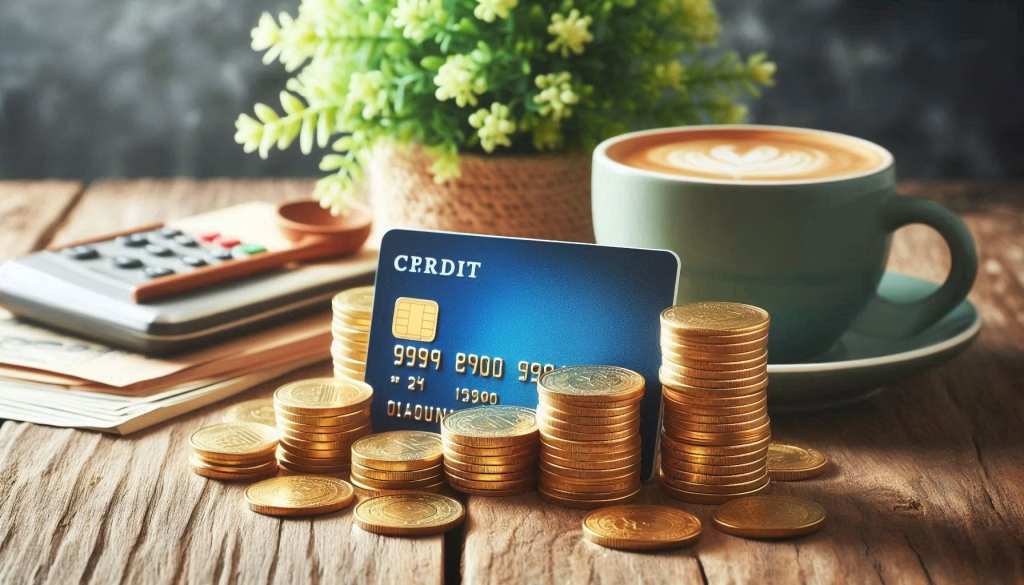
While credit cards are convenient and user-friendly, they come with certain disadvantages that should be taken into account. Some of the drawbacks include the potential for accruing debt due to overspending, the risk of fraud, and the possibility of damaging one’s credit score if payments are missed.
Disadvantages of Transactions with Credit Cards No.1
Cash or Credit – InsuranceWhat.com
Setbacks in Financial Conditions
Credit card transactions can lead to overspending. The deferred nature of credit billing may not immediately convey the sensation of spending actual money. Without careful management, there’s a risk that expenses could balloon, resulting in disorganized financial management.
Mismanaging credit card usage can negatively impact your credit score. Late payments, high balances relative to your credit limit, and applying for multiple credit cards in a short period can all lower your credit score, making it more difficult to obtain loans or favorable interest rates in the future.
Disadvantages of Transactions with Credit Cards No.2
Cash or Credit – InsuranceWhat.com
Its Use Cannot Be Everywhere
Some locations still do not accept credit card payments. This is due to the need for a special device called an EDC machine, which must be acquired before it can be used for transactions. Consequently, many MSMEs do not offer credit card payment options.
While credit cards are widely accepted, there are still some places and situations where they may not be accepted, such as small businesses or international locations. This can limit their usefulness in certain scenarios.
Disadvantages of Transactions with Credit Cards No.3
Cash or Credit – InsuranceWhat.com
The interest expense is relatively high
One downside of using credit cards is the accrual of interest when payments are overdue or bills are paid late. This can negatively affect your credit score, potentially making it challenging to secure loans in the future.
One of the most significant drawbacks of using credit cards is the high-interest rates that can be applied to outstanding balances. If you do not pay off your balance in full each month, the interest charges can quickly accumulate, leading to substantial debt over time.
Disadvantages of Transactions with Credit Cards No.4
Cash or Credit – InsuranceWhat.com
The Risk of Becoming Overwhelmed by Installment Payments
Using a credit card carelessly and imprudently can quickly lead to financial distress. As credit cards are essentially a form of borrowing, excessive use can result in an overwhelming debt that may grow over time. It’s crucial to recognize that credit cards are not an alternative to cash since the balance must be settled promptly at the month’s end.
While credit cards offer fraud protection, they are still susceptible to theft and unauthorized use. If your credit card information is stolen, it can lead to significant inconvenience and potential financial loss while the issue is being resolved.
The Conclusion
Choosing the Right Payment Method: Cash or Credit Card for Wise Financial Management
Cash and credit cards each have their own pros and cons as payment methods. Whether it’s better to use cash or a credit card depends on your specific needs. By leveraging the benefits and mitigating the drawbacks of each, you can manage your finances wisely and positively affect your cash flow.
Do you think you have other ideas about Cash or Credit: Which Saves You More Money? You can comment and share your thoughts below, or discuss more in the InsuranceWhat Forum. Also, read more articles about GLOBAL INSURANCE or other interesting insurance topic articles only at InsuranceWhat.com.
